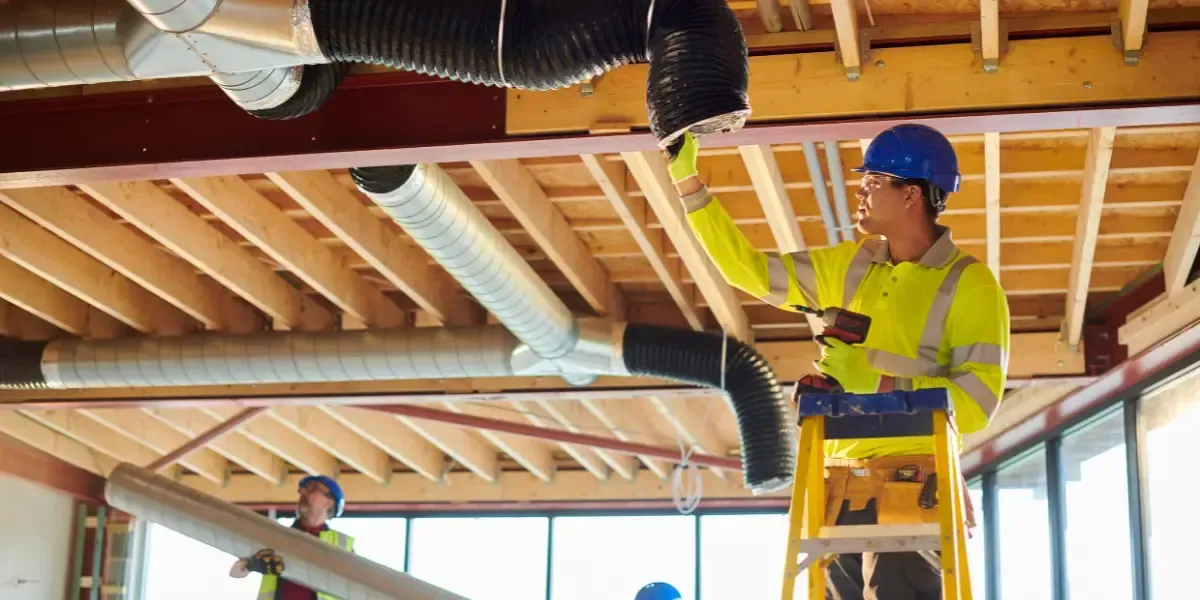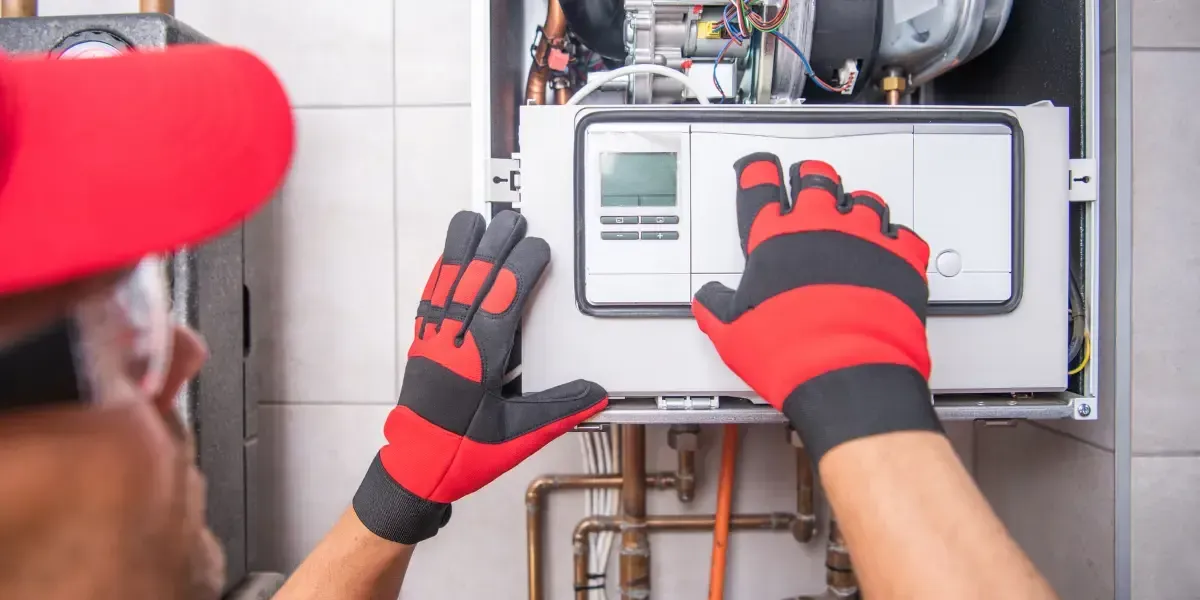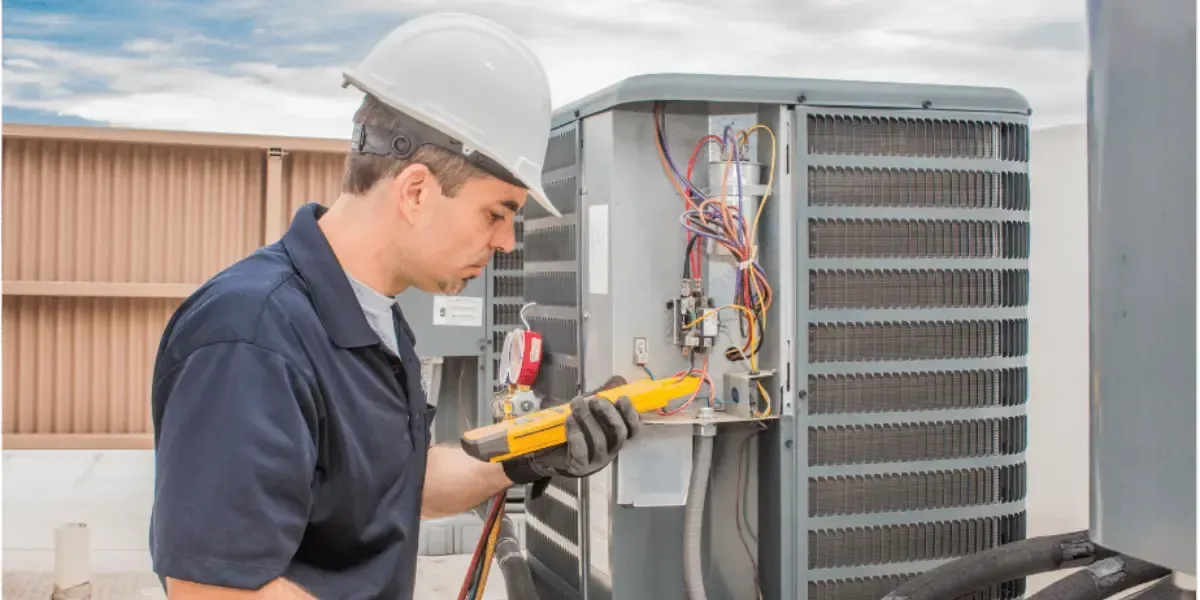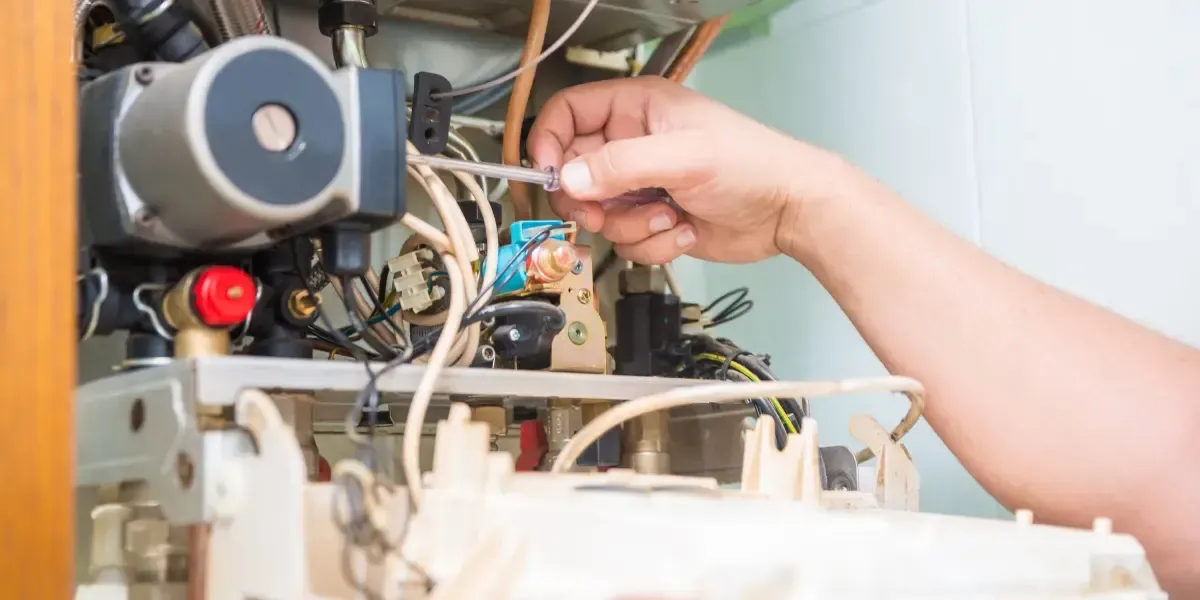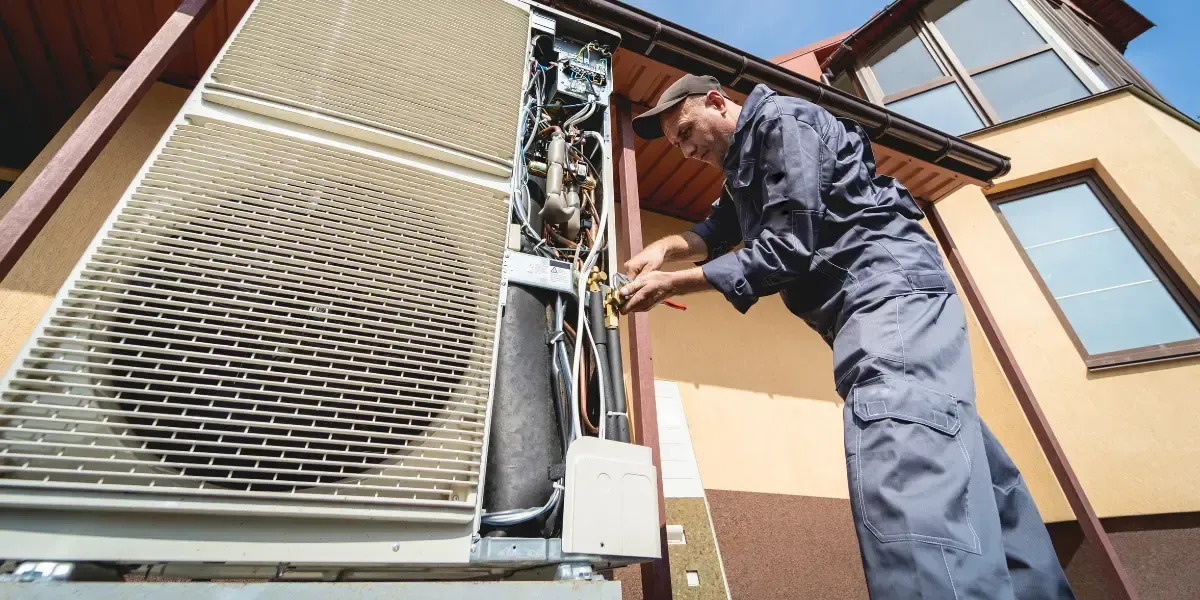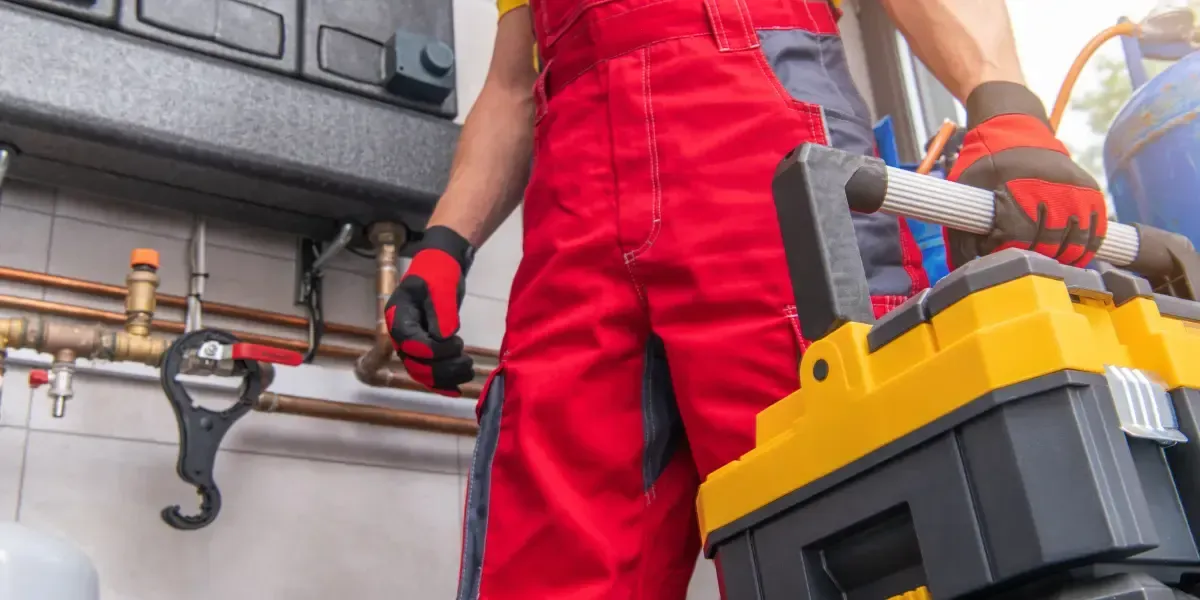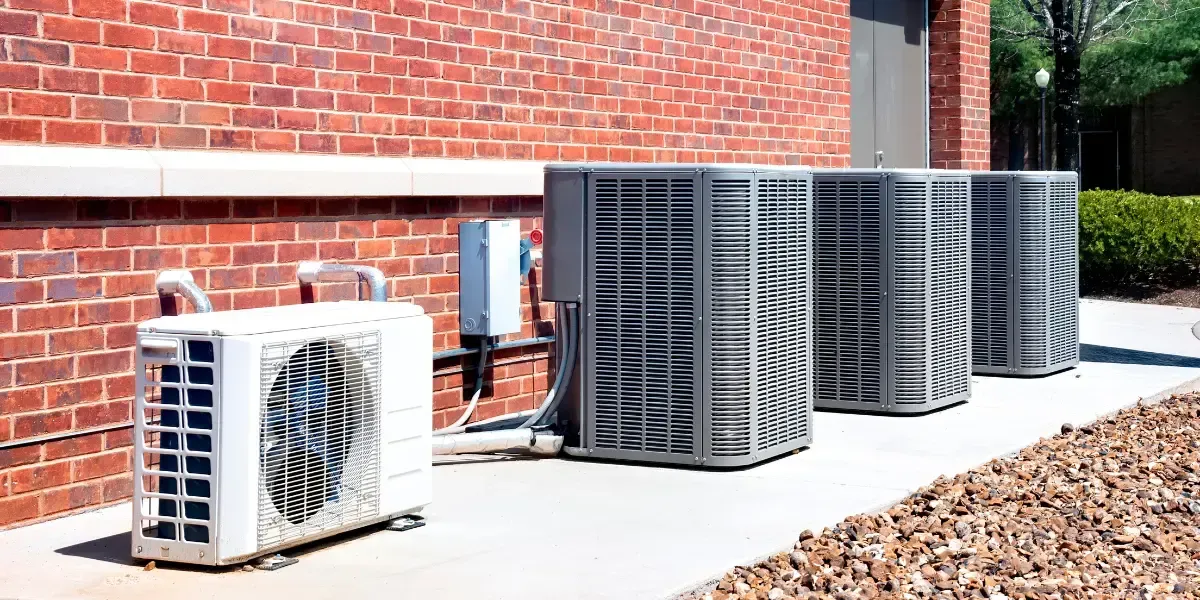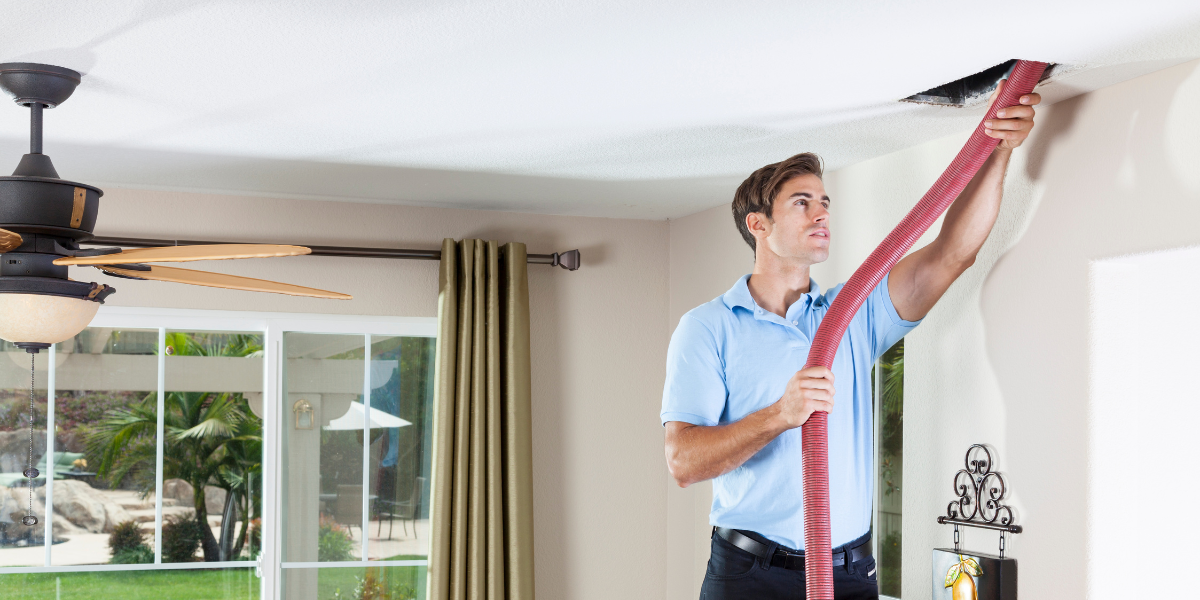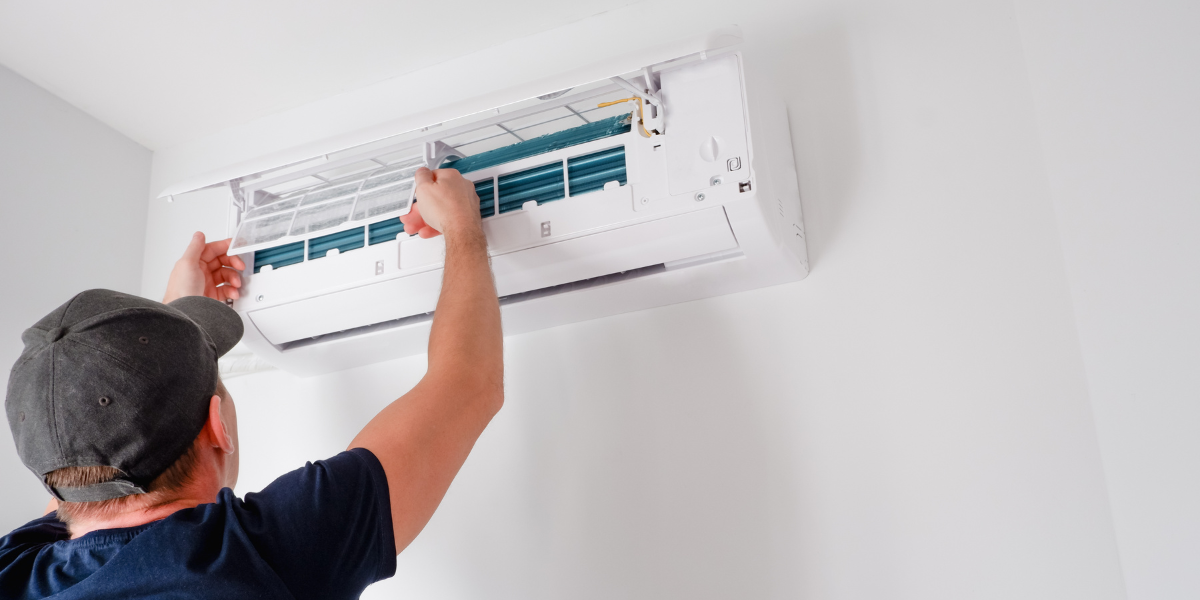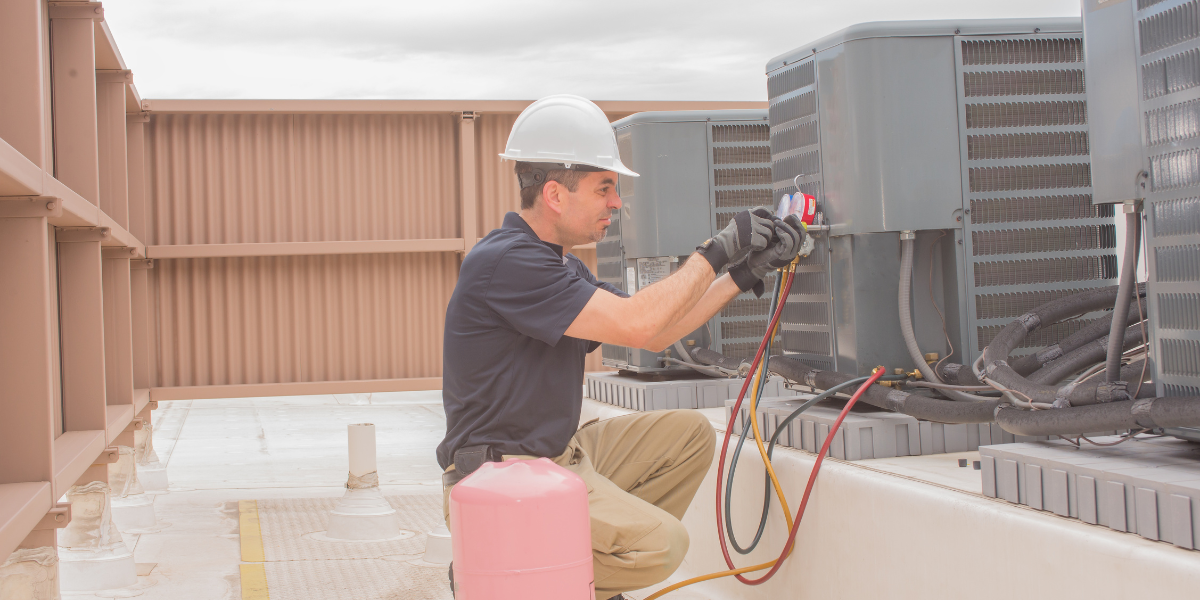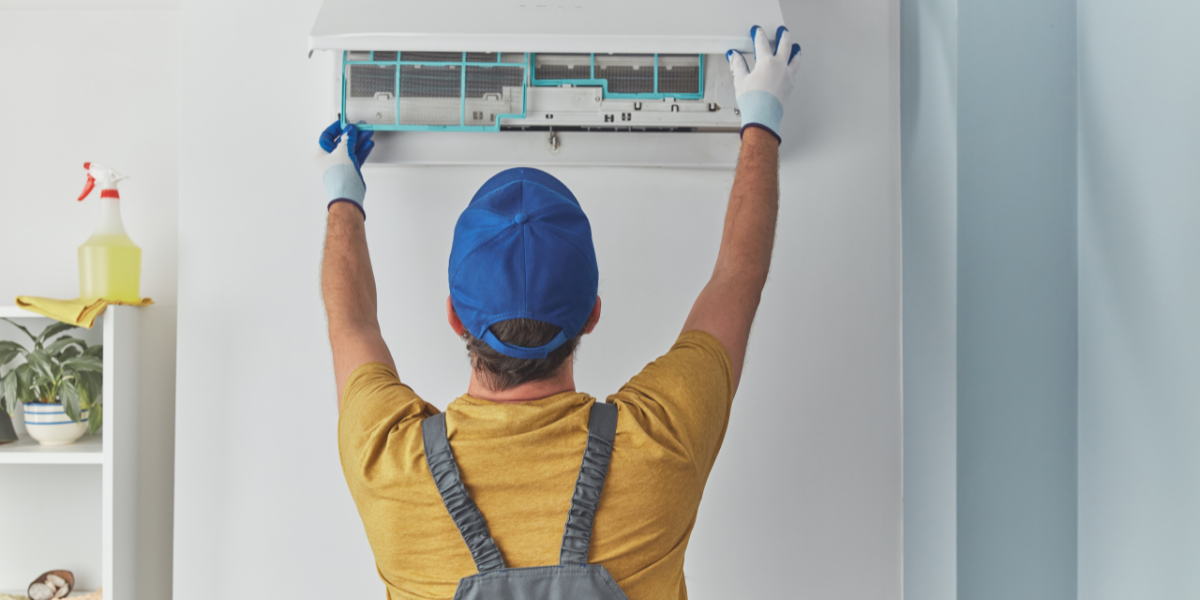HVAC Duct Installation Tips for Efficient Airflow
Creating an efficient HVAC system starts with one critical component: duct installation. Properly installed HVAC ducts play a pivotal role in ensuring optimal airflow, energy efficiency, and comfort across your space.
Whether it’s a new installation or an upgrade, making sure your ducts are installed with precision can keep your heating and cooling systems working at their best.
Key Takeaways
- Proper HVAC duct installation boosts energy efficiency and maintains comfortable indoor temperatures.
- Effective sealing and insulation are essential for preventing energy loss and leaks.
- Albatec Heating & Air offers expert HVAC services for Los Angeles and surrounding areas, specializing in efficient, high-quality duct installations.
Why Proper HVAC Duct Installation is Important
Good HVAC ductwork is very important for the comfort of any home or business. When ducts are installed correctly, your heating and cooling systems work their best. This helps save energy and gives you a steady temperature in every room.
However, if ducts are not put in correctly, you may have problems like air leaks, weak airflow, uneven heat or cooling, and higher bills. By getting help from experts for HVAC duct installation, you can avoid these usual problems and have a system that lasts a long time.
Planning the Duct Layout for Optimal Efficiency
Benefits of a Thoughtful Layout
Planning the duct layout is important to help your HVAC system work well. Place the ducts so they have short and straight paths to the vents. This can cut down on air loss and pressure drops.
When air travels a shorter distance, your system can run more quietly and use less energy to keep your space comfortable. A good layout helps air flow better. This can make your HVAC system last longer by putting less stress on the motor and parts. Also, careful placement can help your system operate quietly and lower the need for repairs.
Materials Needed for HVAC Duct Installation
Good duct installation begins with having the right materials ready. Good materials make sure the ducts last long and help keep air flowing well. For an HVAC duct installation project, you’ll need:
- Duct sections (can be flexible or hard, depending on what you need)
- Insulation materials (very important in spaces without climate control)
- Sealant or tape (use mastic or tape with a shiny back for sealing)
- Hangers and supports (to keep ducts steady)
- Screws and fasteners (to attach things securely)
- Knife or snips (a utility knife or scissors for cutting)
- Safety gear (wear gloves and goggles for protection)
Investing in good materials from the beginning helps improve airflow. It also cuts down on costs for repairs and replacements in the long run.
Common Types of Ducts and Their Uses
Flexible Ducts
Flexible ducts are usually made from a plastic tube surrounded by wire coils. This design lets them bend easily. They are great for small spaces or odd shapes where stiff ducts cannot fit. However, you should be careful not to bend them too much. Too much bending can cause blockages, limit airflow, and hurt the system’s performance.
Rigid Ducts
Rigid ducts are usually made from materials like sheet metal, fiberglass, or fiberboard. They are very strong and allow better airflow than flexible ducts because of their smooth inside surfaces. Rigid ducts come in different shapes, like round or rectangular. They are great for long-term use, especially in bigger buildings or places where strength and stability matter.
Each kind of duct has its benefits and certain uses. Picking the right one depends on where you will put it, how much money you want to spend, and what you need for it to work well.
Steps for Installing HVAC Ducts
Preparing the Installation Area
Before you start, clear the installation area of any dirt or things that could get in the way of your work. Look for any electrical wires, pipes, or building parts that might change where to put the ducts. Measuring the area carefully can help you find the right duct length and layout. This will help you avoid extra cuts and changes.
Laying Out Duct Paths
Once the area is ready, the next step is to set up the duct paths. Plan a route with short and direct paths from the HVAC unit to each vent. Avoid too many turns and bends. These can make airflow harder and lower the energy used.
Cutting and Shaping Ductwork
After finishing the layout, use a knife or snips to shape the ducts. Smooth cuts help airflow and make it easier to connect the parts. Check that all cut edges are free of sharp areas. Sharp edges can damage the insulation or cause leaks.
Ensuring Proper Insulation of Ducts
Why Insulation Matters
Insulation helps to keep the air temperature in the ducts steady. This reduces heat loss or gain and helps save energy. Good insulation is very important for ducts that are in areas without climate control, like attics, basements, or crawl spaces. In these spots, temperature changes can affect air quality and how well things work.
Insulation Best Practices
Using good insulation and wrapping it tightly around ducts is important. Start by putting the insulation on in even layers and secure it with tape or glue. Pay close attention to corners and joints, as these places often have air leaks. Insulating ducts can help reduce heat loss, lower energy bills, and make your HVAC system work better overall.
How to Seal Ducts Effectively
Common Sealing Materials
Sealing your ducts is important to stop air leaks that can reduce how well your system works. Mastic sealant and duct tape with a foil backing are two common options for sealing ducts. Mastic is a thick and strong paste that creates a lasting seal, especially at the joints. Duct tape with a foil backing helps to strengthen the seals, especially in places where the ducts move more.
Step-by-Step Sealing Process
- Clean the Duct Surface: Wipe the seams and joints to make sure they bond well.
- Apply Mastic: Put a thin layer of mastic on all seams and joints.
- Tape Reinforcement: Use tape with a foil backing to strengthen the sealed spots and make them last longer.
Taking the time to seal ducts well helps cut down energy loss. It also makes your HVAC system work better.
Balancing Airflow in the Duct System
Airflow balancing is an important step for having a comfortable and energy-saving HVAC system. It makes sure that each room gets the same amount of air, which stops hot or cold spots.
This is done by changing dampers in the ducts to manage how air moves. A well-balanced airflow lessens damage to the HVAC unit, helps the system run better, and keeps temperatures steady in your space.
Troubleshooting Common Duct Installation Issues
Even with good planning, problems can happen during setup. Some normal issues are air leaks, low airflow, rattling sounds, and bad insulation. If you see these problems, look at all joints and connections to ensure they are sealed well.
Also, check for spots with loose or sagging insulation. Fixing these problems quickly can help keep your system working well and lasting longer.
Why DIY Duct Installation Isn’t Recommended
While DIY duct installation may appear to save money, it can cause several problems, like bad sealing and poor layouts. When installing HVAC ducts, special tools and know-how are needed to ensure good airflow, sealing, and insulation.
A wrong setup can lead to higher energy bills, uneven temperatures, and expensive repairs later. Hiring a pro can help your system last longer, work well, and lower the chance of needing repairs and care often.
Signs of Poor Duct Installation and Their Impact
Signs that your ducts are not installed well include different temperatures, high bills, and too much dust. These problems can put stress on your HVAC system. They can shorten its life and cause expensive repairs. Good installation allows smooth airflow, helps save energy, and keeps your home or office comfortable.
How Albatec Heating & Air Can Help You
Albatec Heating & Air is located in Buena Park, CA. They have more than ten years of experience in the business. They care about making customers happy. Albatec offers complete HVAC services.
This includes expert duct installation in Orange, San Bernardino, and Los Angeles Counties. Their skilled workers are committed to giving good service and quality work. They make sure your HVAC system works well all year. You can trust Albatec Heating & Air to take care of everything. They ensure your system runs smoothly all year long.
Conclusion
Investing in good HVAC duct installation gives you better comfort and lower energy costs. Each step, from planning the duct layout to sealing and insulating, helps the system work well. For people living in Southern California, Albatec Heating & Air provides skilled and reliable HVAC services to keep your home comfortable.
Want to improve your HVAC system with new duct installation? Call
Albatec Heating & Air today for a chat and start your journey towards better heating and cooling. For expert help in the Jurupa Valley area, contact Air Smith & Sons Inc. at
(562) 351-9059.
Frequently Asked questions
How long does HVAC duct installation take?
It usually takes several days. This time depends on how big the project is and if it is a full installation or a partial upgrade.
What materials are best for HVAC ducts?
Rigid ducts made from metal are often chosen for their strength and usefulness. However, flexible ducts are good choices for tight spaces.
Can I install HVAC ducts myself?
DIY duct installation is not a good idea. It can cause air leaks and bad insulation. This can slow down how well it works. A professional installation gives you better performance and lasts longer.
How often should ducts be inspected?
Ducts need to be checked every 3 to 5 years. This is to make sure there are no leaks, blockages, or insulation problems.
What signs indicate a problem with my ductwork?
Signs you might see are uneven temperatures, higher energy bills, and more dust in your home.
